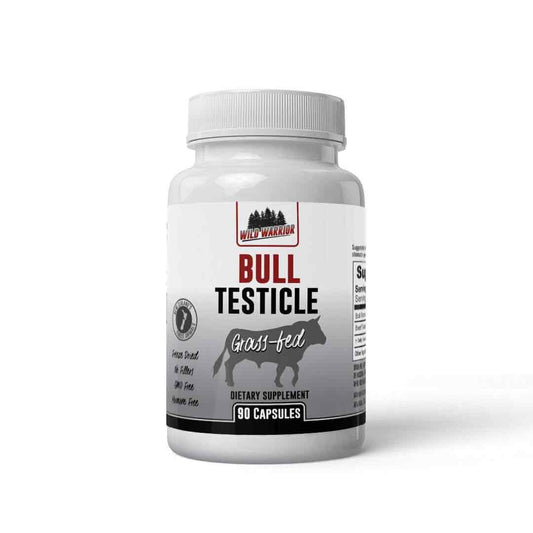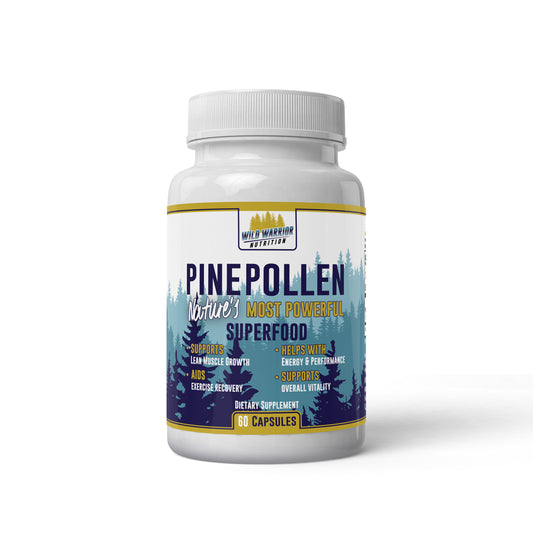Beef liver is a highly nutrient-dense food that is packed with vitamins and minerals essential for overall health and wellbeing. Eating beef liver may help prevent nutrient deficiencies, improve immune function, and aid in cognition. In this blog, we'll take a closer look at the health benefits of adding beef liver to your diet.
5 Key Health Benefits of Liver
Rich in Nutrients
Beef liver is one of the most nutrient-dense foods available. It is high in vitamins A, B12, and B6, as well as iron, folate, riboflavin, and copper. These nutrients play crucial roles in maintaining healthy skin, hair, and nails, promoting cognitive function, and supporting red blood cell formation.
Aids in Energy Production
Beef liver is also an excellent source of iron. Iron is essential for red blood cell formation, and a deficiency can lead to fatigue, weakness, and decreased immune function. Eating beef liver on a regular basis can help prevent anemia and other iron-deficiency disorders.

Boosts Immune Function
Vitamin A is found in high levels in beef liver. This vitamin plays an essential role in maintaining healthy eyesight, skin, and mucous membranes, and supporting immune function. A deficiency in vitamin A can increase the risk of infections and impair immune function.
Promotes Cognitive Health
Beef liver is also a rich source of choline, a nutrient that plays a crucial role in cognitive function. Choline is necessary for the production of neurotransmitters that regulate cognitive function, memory, and mood. Eating beef liver regularly may help support healthy cognitive function and protect against age-related cognitive decline.
How to Incorporate Beef Liver into Your Diet
Beef liver can be cooked in a variety of ways, including frying, grilling, or baking. It can be sliced and added to stir-fries, stews, or soups, or served as an appetizer or main dish. It is important to note that beef liver is a rich source of vitamin A, and excessive consumption can lead to vitamin A toxicity. Eating liver once per week or every two weeks is considered safe and sufficient for most adults.
Conclusion
Beef liver is a highly nutrient-dense food that is packed with vitamins and minerals essential to overall health and wellbeing. It is an excellent source of iron, vitamin A, B12, and choline, which may help prevent nutrient deficiencies, improve immune function, and support healthy cognitive function. Incorporating beef liver into your diet can be an easy and healthy way to boost your nutrient intake and support optimal health.
Sources
- "Liver, beef, cooked, braised." National Nutrient Database for Standard Reference Legacy Release, United States Department of Agriculture.
- "Liver and Nutrient Density." Nutrient Density.
- "Nutrition in Liver vs. Muscle Meat." Chris Kresser,
- "Choline." Office of Dietary Supplements, National Institutes of Health, https://ods.od.nih.gov/factsheets/Choline-Consumer/





